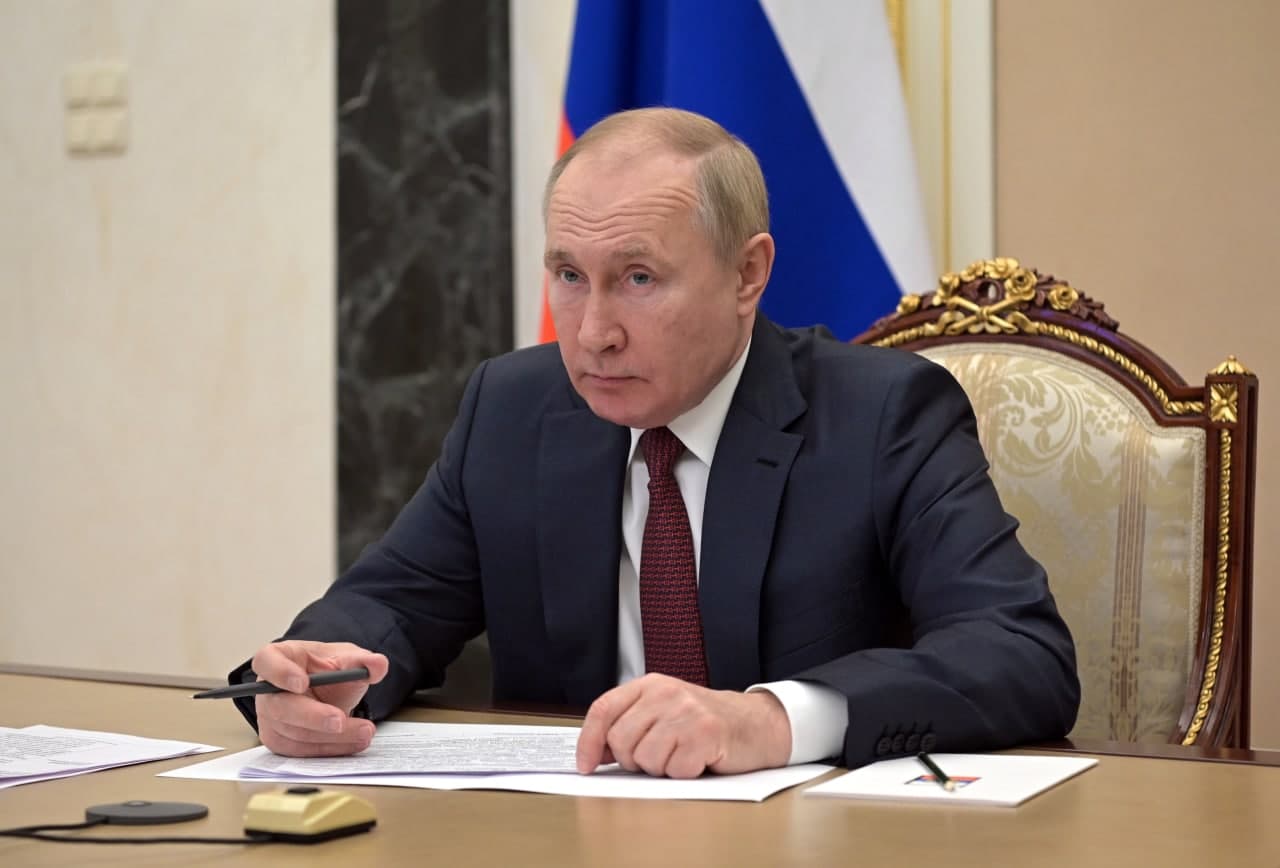Will the EU embargo on Russian oil work against Putin?

European Union embargo on Russian oil: facts, numbers and scenarios. The in-depth analysis by Sergio Giraldo
The extraordinary European Council of 27 heads of state and government, also extended to Finland, on Monday night gave birth to the long-awaited agreement on the sixth package of sanctions on Russia. The leaders have reached a compromise plan which, among other things, bans the import into the territory of the European Union of Russian oil products transported by sea, gradually eliminating around 90% of imports by the end of 2022.
One month after the first announcement by Ursula von der Leyen, the grueling negotiations on the oil embargo finally led to the recognition of a special status in the Czech Republic, Hungary and Slovakia, without naming them, excluding from the ban the crude oil received from Russia through the pipelines .
In 2021, the EU27 imported around 2.2 million barrels per day of crude oil from Russia, which represents around 25% of European imports, less than half of which through the Druzhba pipeline network which supplies crude oil to Poland, Germany, the Czech Republic, Hungary and Slovakia. While Germany and Poland, having outlets to the sea, had already announced the renunciation of crude oil from Russian pipelines (for an approximate amount of 600,000 barrels per day), the three Central European countries without access to the sea were reluctant to join the sanctions . Having obtained the exemption for the oil pipeline, net of the already known waivers of Germany and Poland, the import block will therefore apply to a quantity of approximately 1.4 million barrels per day of crude oil, while approximately 200,000 barrels per day they will continue to flow to Hungary, Slovakia and the Czech Republic via the pipeline. The import of another 1.2 million barrels per day of refined products, including the already scarcely available diesel, will end by December 2022.
In spite of the cumbersome internal negotiations within Europe, the embargo seems far from being able to seriously damage Russia. The large amount of time the Union has given itself to exit Russian supplies, for example, makes the sixth package itself less effective than it should be if it were genuine sanctions.
Above all, what seems to escape the competent technicians of European governance is that sanctions make sense and are effective if they are rapid and reversible. Sanctions put pressure if they allow, once canceled, to restore a desirable status quo ante from the sanctioned. Postponing the ban on imports of Russian crude oil over seven months while at the same time actively working to never buy it again is not a sanction: it is a long-term energy policy decision. If it is true that the final destination of the European Union's foreign policy choices is total detachment from Russia's economy, as Washington longs for, it is clear that this sixth package is not about sanctions, but about a clean and definitive cut. to a historical economic link. A link also made up of infrastructures such as gas and oil pipelines whose construction has involved billions of investments and many years of work.
Therefore, for Russia it changes little whether these latest economic "sanctions" exist or not. If they were such they could be revoked; in this case, on the other hand, the economic relationship is severed completely and definitively. Aware of having lost its customer Europe, even suffering significant economic losses, Moscow knows it has to invest, having all the time, to reorganize its hydrocarbon production and find other outlets for its products in the long term. The same considerations apply to gas. Today Europe cannot afford to block gas imports from Russia, but the heralded and heralded search for European energy independence from Moscow (scheduled for 2027) means that Russia itself is organizing itself to find other outlets in the medium. and long term.
(Extract from an article published in the newspaper La Verità)
This is a machine translation from Italian language of a post published on Start Magazine at the URL https://www.startmag.it/energia/embargo-ue-petrolio-russo-effetti/ on Sun, 05 Jun 2022 05:56:40 +0000.
